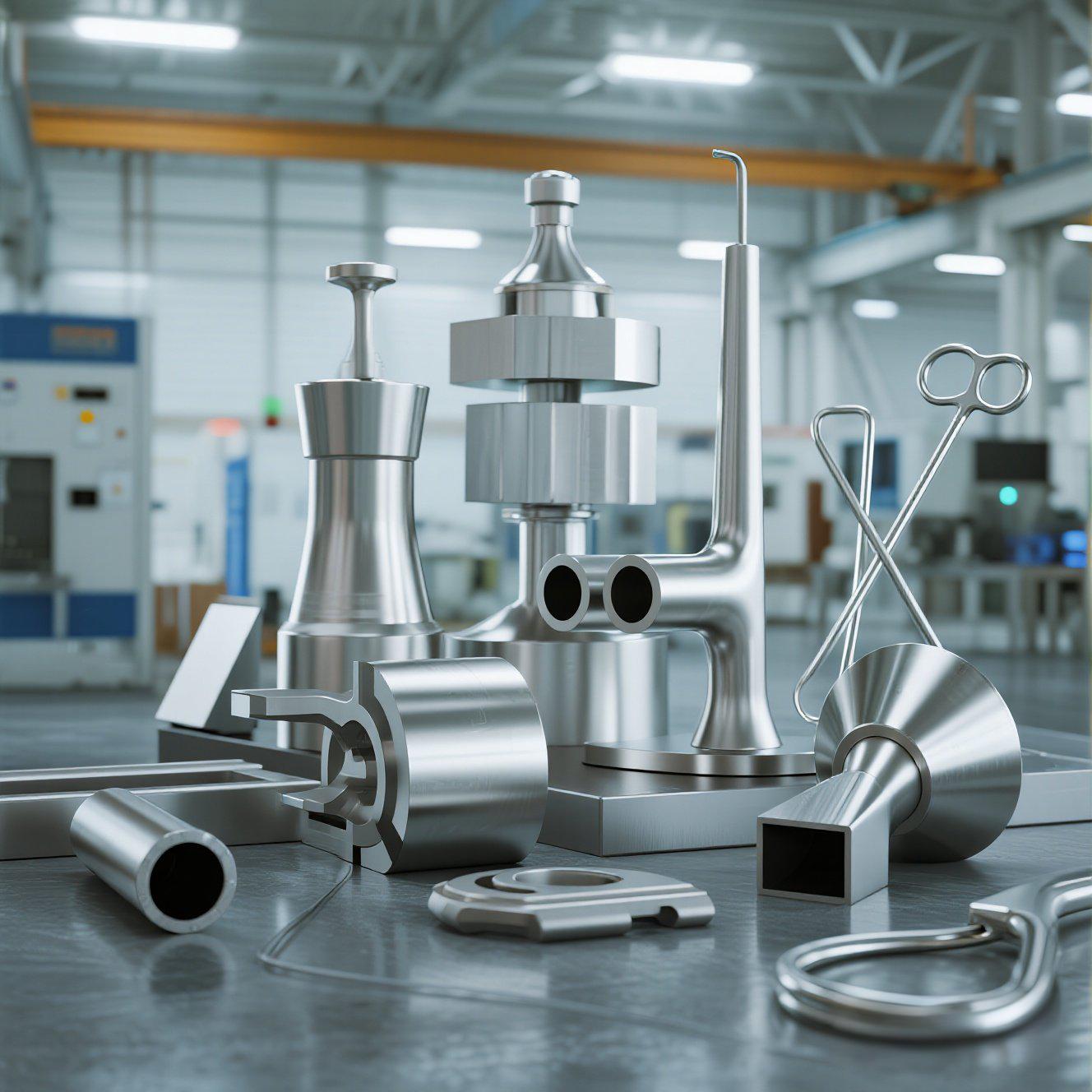NEWS

1) Corrosion resistance. All stainless steels are corrosion resistant. But not all stainless steels are created equal. Products with lower alloy grades are only resistant to corrosion in pure atmosphere and water environments, while products with higher alloy grades are resistant to corrosion in most acid and alkaline solutions as well as chloride-containing environments.
2) Fire and heat resistance. Stainless steel products with high chromium and nickel alloy grades are able to withstand high temperatures.
3) Impact resistance. Stainless steel is able to maintain strength and toughness in different environmental conditions, from high temperatures to sub-zero temperatures.
4) Hygiene. Stainless steel is easy to clean and is not affected by microorganisms, making it a top choice for environments with strict hygienic requirements, such as hospitals, kitchens, and food processing plants.
5) Aesthetics. The smooth, bright, and clean appearance of stainless steel allows it to be easily integrated into a variety of designs, including industrial, commercial, and residential locations.
6) Strength-to-weight ratio advantages. Stainless steel is an ideal material for applications that require high strength. In addition, the cold work hardening properties of many stainless steels can be used in designs to reduce material thickness, reduce weight, and reduce costs. Other stainless steels can be heat treated to form extremely high-strength components.
7) Ease of fabrication. Thanks to modern steelmaking techniques, stainless steel can be easily cut, welded, formed, processed and fabricated, making it a popular material choice.
8) Long-term value. Stainless steel has a long service life and is not as expensive as other long-life materials.
9) Sustainability. Stainless steel is one of the most environmentally friendly products because it is 100% recyclable.
Navigation
Send Us A Message
